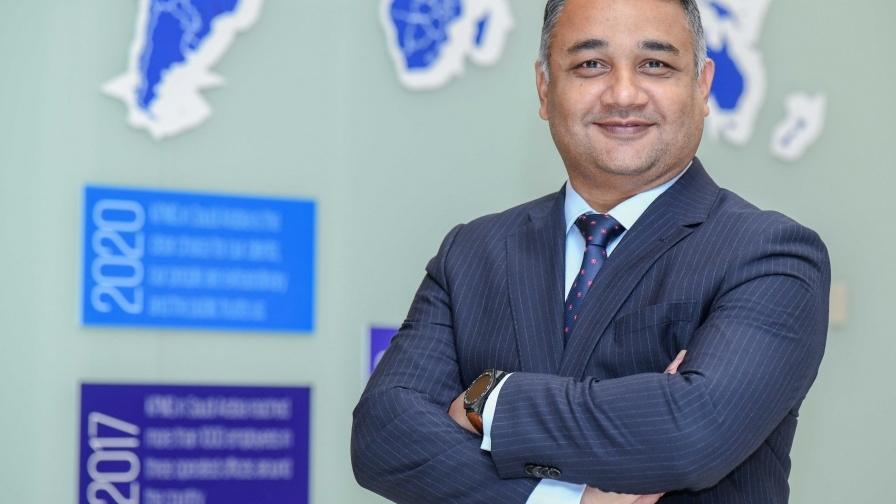
Kpmg: Saudi-listed Insurers Report Strong Performance In H1 2020 Amid Covid-19 Impacts
Saudi insurers witnessed a substantial increase in net profit before zakat in the first half of 2020 with gross written premium (GWP) maintaining an upward trajectory and declining loss ratios, according to a new report released by KPMG in Saudi Arabia, a leading provider of audit, tax and advisory services in the Kingdom.
According to statistics based on the company disclosures, Saudi Arabia’s listed insurers generated SAR 1,014 million in combined profits in the first half of 2020, compared to SAR 341.19 million in the same period of 2019. Gross written premiums for the same period increased by 5.3 percent to SAR 21.27 billion against SAR 20.21 billion in the corresponding period of 2019.
Focusing on the overall performance in H1 2020, the industry’s net profit after zakat and tax of SAR 1.01 billion and return on equity of 3.22 percent were higher during the first six months of 2020, compared to the same period last year, driven by better-than-expected underwriting results from the motor and medical lines, which represent a major share of the insurance business in Saudi Arabia.
Within the underwriting results, insurers reported increases in gross earned premium in most classes of business during the six-month period. However, gross incurred claims costs were substantially lower due to a limited number of motor claims originating during the COVID-19 lockdown and potential postponement of the elective medical procedures in the first six months.
Investment income fell during the six-month period ended June 30, 2020, compared to the same period in 2019, due to reduced interest rate environment and lower returns in equities.
Commenting on the report, Ovais Shahab, Head of Financial Services Sector at KPMG Saudi Arabia, said: “Looking back the first half of 2020, while most of the industries showed a slowdown in growth and declining profits amid COVID-19 pandemic, the insurance industry in Saudi Arabia sustained its performance and reported a marginal growth in premiums”.
“Moreover, an extended lockdown in major cities had restricted the mobility of most citizens and residents, resulting in a sharp decline in the motor claims during the second quarter of the financial period. Consequently, a drop of 11.7% in loss ratios was the major contributor for growth in the net income, despite a regulatory extension of two months in motor policies endowed by SAMA,” he noted.
“Looking ahead, the Saudi insurance market is pursuing the global journey of regulatory and accounting change, product innovation, enhanced distribution channels and efficiencies in the conduct of business,” Shahab said.
IFRS 17’s implementation is at the core of harmonizing the accounting rules where the effective date has recently been pushed out by a year to January 1, 2023. This delay has been largely welcomed by market players as it gives an opportunity to clarify and implement the rules without a haste and business interruption. It also allows the insurance companies to refine their systems and educate investors on the expected changes in the financial results.
Furthermore, while global regulators keep pushing the paddle to ensure readiness by January 1, 2023, SAMA has been exceptionally active in monitoring the progress of the insurers and sharing its feedback on their readiness. As a result of this close coordination, SAMA has recently reverted with its feedback on the IFRS 17 phase 2 submissions from all insurance companies. This feedback shall further help companies navigate the rest of IFRS 17 journey.
Overall, KPMG found the demand for insurance in Saudi Arabia is still primarily driven by government legislation and consumer penetration strategies of major insurance players. Recently, the digital platforms through which products and services are provided are on the rise with many more motor insurance policies sold online. However, so far, the agility of offering online service is more prominent among the larger insurance players.
“As we emerge from this crisis into a new reality with varied challenges and opportunities – agility and financial resilience will be the new intonation for the insurance sector,” Shahab concluded.



























